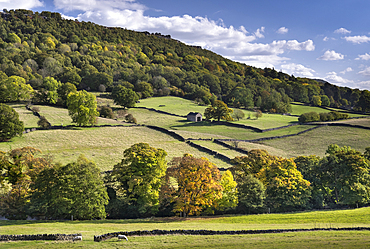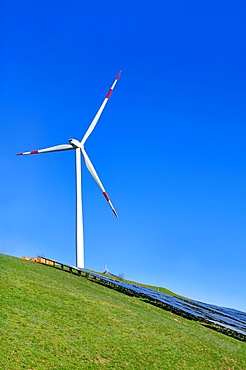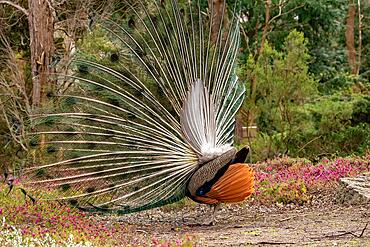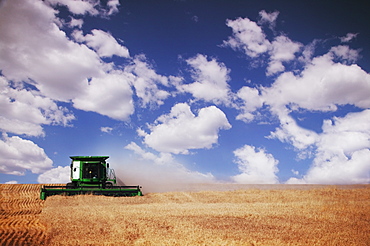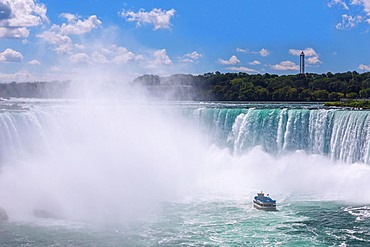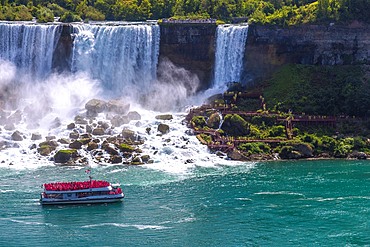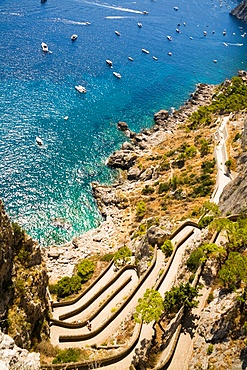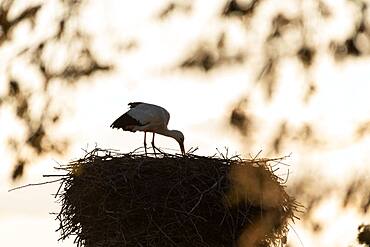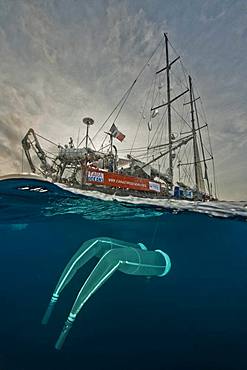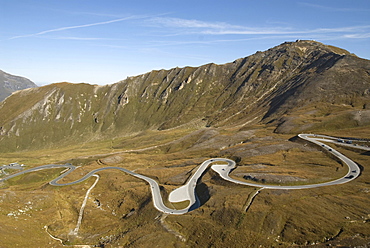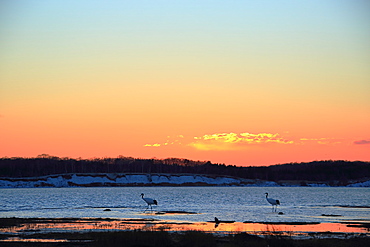Recent searches
Loading...
1353-685 - Froggatt Edge at the turn of autumn, near Calver, Peak District National Park, Derbyshire, England, UK
832-403658 - Close up white big giant wheel against blue sky
832-402966 - Unrecognizable man grilling steak outdoors. He turns meat with fork
1311-662 - The historic Walker Charcoal Kiln, dating from the late 1880s used to turn oak wood into charcoal for silver smelters, Prescott National Forest, just south of Prescott, Arizona, United States of America, North America
832-400119 - Young woman sits on the floor of her apartment and turn on video record with exercises
832-399690 - Turn back time - concept of turning clock backwards
832-399639 - Renewable wind and solar energy. Wind turbine next to photovoltaic system on hill
832-399149 - Young woman with silk scarf on her head standing in profile
1116-52414 - Siamese Fighting Fish (Betta Splendens)
832-397031 - Great crested grebe (Podiceps cristatus) on nest with young bird in plumage, turning eggs, Hesse, Germany, Europe
1113-107699 - Niagara Falls, Horseshoe Falls, Maid of the Mist Cruises
1113-107697 - Niagara Falls, American Falls, Bridal Veil Falls, Terrapin Point, Horneblower Niagara Cruises
1113-107567 - Small tours with sled dogs, Santa Claus Village, Arctic Circle, Rovaniemi, Finland
746-90050 - Night shot from Forza D'AgrÚ Messina, Sicily, Messina, Europe, Italy
746-90048 - Night shot from Forza D'AgrÚ Messina, Sicily, Messina, Europe, Italy
1350-5243 - Roxy Pro Biarritz 2012, event of the female surfing world tour,
832-393677 - Diver, American tank M42 Duster with self-rotating 40mm anti-aircraft gun, wreck, Red Sea, Aqaba, Kingdom of Jordan
832-392747 - Stork (Ciconiidae) turning eggs, Prignitz, Brandenburg, Germany, Europe
1113-105411 - Traditional Bavarian folk dance, Bavaria, Germany
1350-34 - All of Scorpius, plus parts of Lupus and Ara regions of the southern Milky Way. This area was directly overhead when I took this at about 4:30 am local time on April 6, 2014 from near Coonabarabran, Australia. The head of Scorpius is at top his tail at bottom though you could turn this image any direction and it would be correct as seen in the sky at this latitude, depending on the time of night. But in portrait mode like this north is at top. Along the Milky Way are numerous nebulas, including the False Comet area, the Cat's Paw area, and the colourful nebulas around Antares at top. The dark Pipe Nebula is at left of frame.
1348-1686 - First aid techniques : placing the victim in the recovery position. Step 3 : catch hold of the leg furthest away from you behind the knee, lift it up keeping the foot on the ground. Turn the victim towards you.
1348-1683 - First aid techniques : placing the victim in the recovery position. Step 3 : catch hold of the leg furthest away from you behind the knee, lift it up keeping the foot on the ground. Turn the victim towards you.
832-391217 - Wind farm, wind turbines, wind turbines, Baden-Wuerttemberg, Germany, Europe
832-391102 - Steak in a grill pan while frying, Germany, Europe
1113-104278 - Black fan hanging from yellow ceiling
1184-5265 - Local women turn wheel at a water well, Oasis of Timia, Air Mountains, Niger, Africa
1174-9279 - Turn Here, yellow traffic sign with arrow, on a gantry with a silver star shape, United States of America
832-384065 - Woman turns on prayer wheels, temple, Pokhara, Nepal, Asia
1116-46187 - one Way' Traffic Sign And A Street Light, Connecticut, United States Of America
860-287450 - Tara Oceans Expeditions - May 2011. Tara with deployed plancton nets. On "station", the boat is drifting without engine or sails. Tara Oceans, a unique expedition: Tara Oceans is the very first attempt to make a global study of marine plankton, a form of sea life that includes organisms as small as viruses and bacterias, and as big as medusas. Our goal is to better understand planktonic ecosystems by exploring the countless species, learning about interactions among them and with their environment. Marine plankton is the only ecosystem that is almost continuous over the surface of the Earth. Studying plankton is like taking the pulse of our planet. Recently, scientists have discovered the great importance of plankton for the climate: populations of plankton are affected very rapidly by variations in climate. But in turn they can influence the climate by modifying the absorption of carbon. In a context of rapid physico-chemical changes, for example the acidification observed today in the world's oceans, it is urgent to understand and predict the evolution of these particular ecosystems. Finally, plankton is an astonishing way of going back in time ? a prime source of fossils. Over the eons, plankton has created several hundred meters of sediment on the ocean floors. This allows us to go back in time, to the first oceans on Earth, and better understand the history of our biosphere. More than 12 fields of research are involved in the project, which will bring together an international team of oceanographers, ecologists, biologists, geneticists, and physicists from prestigious laboratories headed by Eric Karsenti of the European Molecular Biology Laboratory. Galapagos
1116-43221 - The Atlantic Drive On Achill Island, County Mayo, Ireland
1116-42868 - Aerial View Of A Car On The Street In The Turning Lane, Connecticut, United States Of America
832-383496 - A female devotee spinning a large prayer wheel, Boudhanath, Kathmandu, Kathmandu District, Bagmati Zone, Nepal, Asia
832-383749 - Rotating chain carousel and ferris wheel at the blue hour, Oktoberfest, Munich, Bavaria, Germany, Europe
857-96055 - Distant view of man?rappelling?in??U-Turn Canyon, Arches National Park, Moab, Utah, USA
1116-42082 - Cabot Trail Winds Through Autumn Colors In Cape Breton Highlands National Park.
832-382904 - Bedouin turns luminous cape in Bedouin Oasis Desert Experience, Ras al Khaimah, United Arab Emirates, Asia
860-286866 - A home-built lighthouse at Pointe du Muller. Its light beams do not turn, but flash. They spread in the atmosphere in large light beams.
832-382272 - Ride at the Dippemess, traditional folk festival and sales market, Frankfurt am Main, Hesse, Germany, Europe
832-382269 - Dippemess, traditional folk festival and sales market, Frankfurt am Main, Hesse, Germany, Europe
832-382271 - Rides at the Dippemess, traditional folk festival and sales market, Frankfurt am Main, Hesse, Germany, Europe
832-381380 - Mt. Grossglockner Hochalpenstrasse, alpine road, Hohe Tauern National Park, Salzburg, Austria, Europe
832-379967 - Native woman walking along Mani Wall and spinning prayer wheels, Kagbeni, Mustang District, Nepal, Asia
832-380323 - Fireworks, turn of the year, Schlossplatz, Stuttgart, Baden-Württemberg, Germany, Europe
1116-40345 - Road Sign, Lake District, Cumbria, England, Europe
1116-40384 - Foggy Road, Mount Rainier National Park, Washington, Usa
1116-40432 - Train On Railroad Tracks, Grosmont, North Yorkshire, England
1116-40383 - Foggy Road, Mount Rainier National Park, Washington, Usa
1116-39906 - Cow walks in a circle to turn a piece of manmade equipment, Jaisalmer, Rajasthan, India
1174-4750 - Caution turn ahead sign, near Scotsguard, Saskatchewan, Canada
1174-4549 - A small barbecue with three fresh mackerel fish on the grill, and a person using tongs to turn the fish, England, United Kingdom
857-94725 - Ester Hodari, age 22 years old, cooks dinner using the traditional three-rock cook stove with a fire in the middle. These cookstoves use a lot of fuel, firewood, and produce a lot of smoke. Ester told us that cooking with this type of stove made her eyes turn red and she often had a chest cough. Her children, ages 5, 2 and 3 months are often with her when she is cooking. Her sister-in-law, Shadya Jumanne, age 11, helps her cook as well. Not long ago Esterâs 3 month-old developed a cough, It kept getting worse and so they took her by motorcycle to the hospital at night. Ester started really worrying about this. After this Ester and her husband agreed that they needed to buy a clean cookstove and started saving. The girl helping Ester cook in some of the images is her sister-in-law Shadya Jumanne, age 11. Ester met Solar Sister entrepreneur Fatma Mziray when she married her husband and moved to this village, Mforo near Moshi, Tanzania. Ester said that Fatma is like a mother to her in the village. When Fatma showed Ester the new wood stove she saw that is used less wood and produced less smoke.
746-88234 - The Highland of Iceland close to the ring road during winter in stormy and sunny weather conditions. europe, northern europe, iceland, February
746-88363 - The Grossglockner High Alpine Road is mainly used by tourists and one of the major attractions of the Austrian Alps. ascent to Hochjoch. Europe, Central Europe, Austria, September
1113-102440 - Girl making a turn in front of the camera, Verbier, Switzerland
1113-102438 - Perfect powder turn on a small windlip, Kaunertal glacier, Austria
1269-15 - Northern lights turn green the night sky lit by the full moon, Riskgransen, Norbottens Ian, Lapland, Sweden, Scandinavia, Europe
857-93583 - Male Skier Makes A Deep Powder Turn On Snowy Landscape In Whitefish, Montana, Usa
857-93344 - Snowboarder Making A Turn In Fresh Snow Powder
857-93588 - Male Skier Makes A Deep Powder Turn In Snowy Landscape At Whitefish, Montana, Usa
857-93586 - Male Skier Skiing On Deep Powder Turn In Whitefish Mountain Resort
1116-39214 - Hawaii, Noah Budroe Rips Off Top Of Wave With Board Facing Camera, Surfing
1225-792 - Children in India often utilise discarded wheels and turn them into toys, Uttarakhand, India, Asia
1225-713 - A paraglider carves a turn with views of Machapuchare (Fishtail mountain) in the distance, Nepal, Himalayas, Asia
1233-58 - Smoky skies from a nearby wildfire turn the land orange at McWay Falls, California, United States of America, North America
857-93023 - Beautiful aspen trees turn bright yellow during the fall along the Santa Fe National Forest Scenic Byway, New Mexico.
846-2464 - Old Turn Junction on the Birmingham Canal and The Malt House pub, Birmingham, West Midlands, England, United Kingdom, Europe
857-91065 - October 15, 2008 Snow Geese in flight, Port Susan Bay Preserve, Washington The marshes support abundant invertebrate life which, in turn, feed hundreds of thousands of shorebirds, including Wrangel Island snow geese. Port Susan Bay and adjacent Skagit Bay are important stops for migratory birds traveling along the Pacific Flyway, United States of America
857-90995 - Jake Wormhoudt prepares for a bottom turn on a wave off Nelscott Reef on the Oregon coast, United States of America
1178-18811 - Pipes with pressure gauge and shutoff valves
1178-21445 - Woman driving off-road vehicle in desert
1178-21783 - Couple hiking with backpacks, Utah, United States
857-87430 - A man takes a powder turn around a single pine tree on Teton Pass at night.
1178-11074 - Portrait of woman in bikini sitting on beach
797-11189 - Cambodia, Siem Reap, Silk worms in a basket where they will turn into cocoons a stage in the farming and making of silk.
832-368559 - Trained killer whale, orca (Orcinus orca), Shamu Stadium, SeaWorld, San Diego, California, USA, North America
832-371294 - Fire artist performing at an evening event held for tourists in Honduras, Central America
